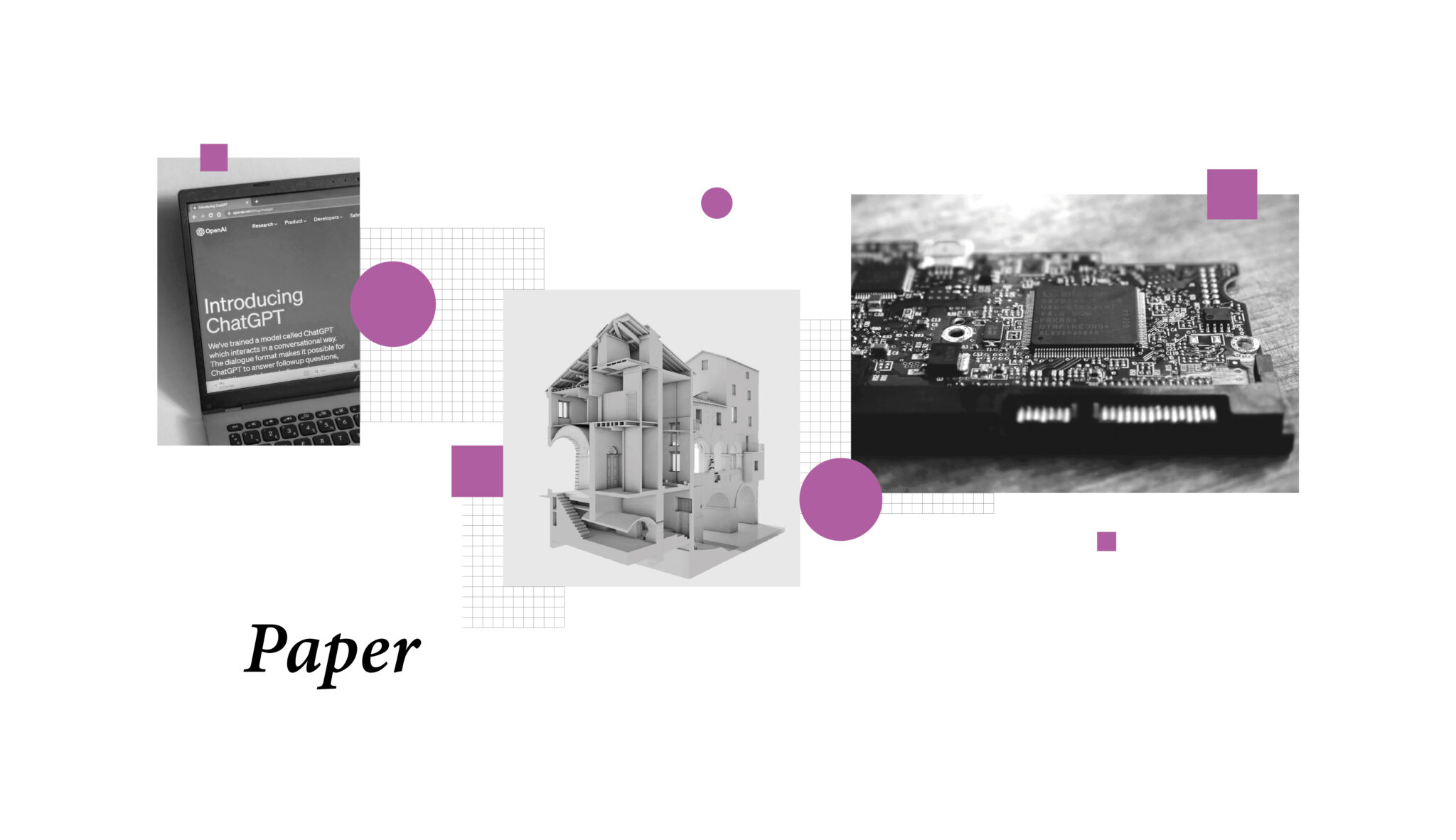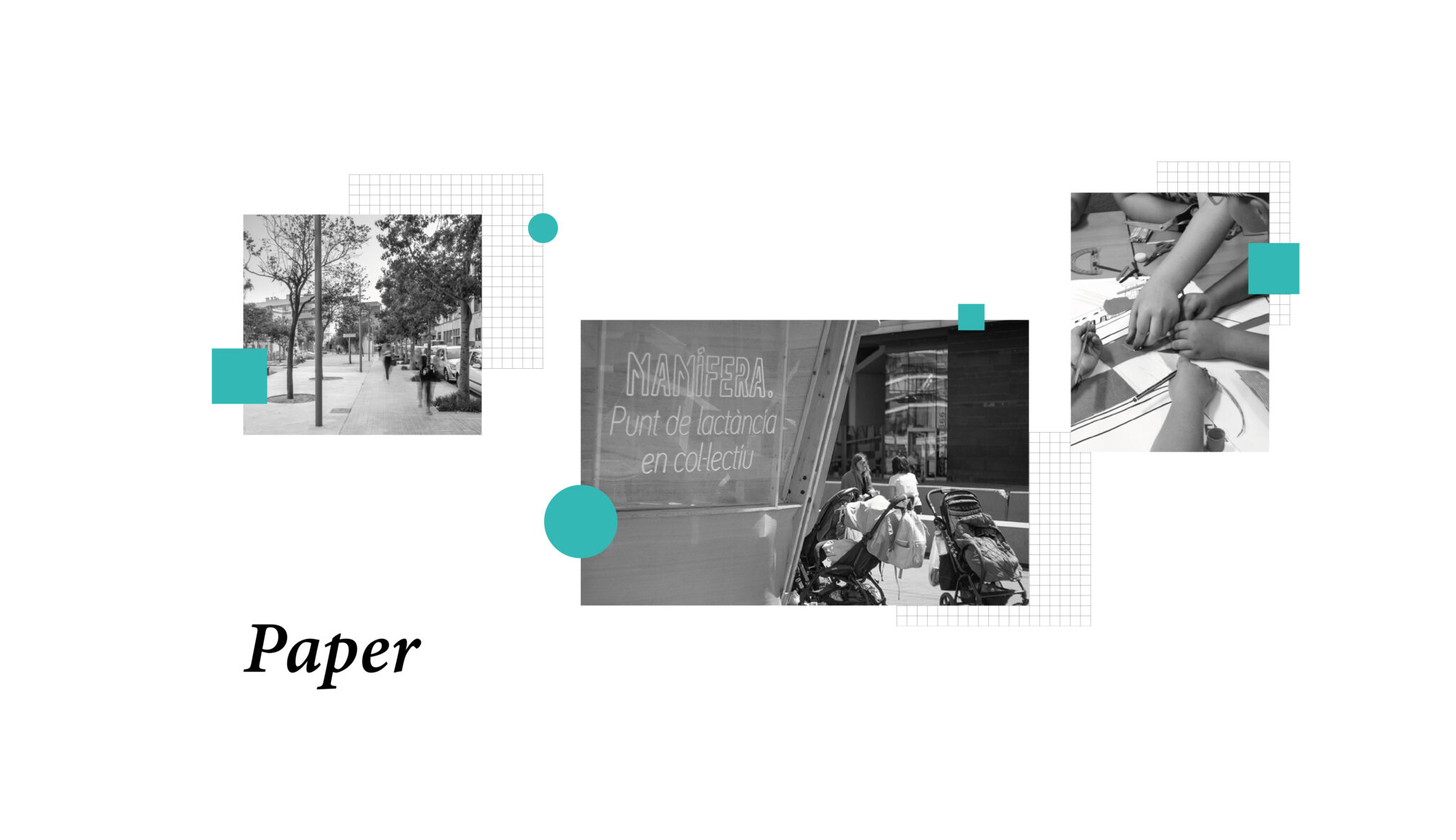
DVA wins the “Collabora & Innova” call of Regione Lombardia with the “HABIT” project in partnership with companies, research centres and universities
DVA · 8 August 2025
The HABIT project, acronym for “R&S Housing Advancements for Better Inclusive and Technological”, was approved and funded by Regione Lombardia as part of the “Collabora & Innova” call. The aim is to promote complex industrial research and experimental development projects carried out in collaboration between SMEs, large companies and research organisations in order to support important strategic investments for the development of product or process innovations.
HABIT is an integrated modular system, prefabricated and dry-assembled off-site, designed for the construction of collective long-term housing, such as social housing or assisted housing for the elderly.
The modules, which consist of independent functional layers that can be easily repaired or replaced, integrate sensors and IoT systems for proactive monitoring and management of comfort and health during the operational phase of the building. The devices recognise environmental parameters such as air quality, temperature, humidity, lighting, water, and energy consumption, and activate automated strategies to ensure the well-being of the occupants, which are also tailored to the specific needs of the end users.
The design is based on the principles of sustainable design based on the life cycle concept, which takes into account all phases of the life cycle — from the production of materials and components, through use and maintenance, to dismantling, reuse, and recycling.
The aim is to reduce the environmental impact and increase the adaptability of buildings to new social and climatic challenges.
HABIT is the result of collaboration between six partners, including companies, research centres and universities. DVA Srl, representing the entire DVArea Group, will be responsible for architectural, energy, MEP, and BIM design; CSMT will focus on IoT and air remediation; Deldossi Srl will contribute to technological and commercial development; Erreditre Ingegneria will support modelling and testing; Overflo will develop software platforms; and UniBG will oversee structural design with an LCT approach.
Thanks to its modularity, decomposability and independence of components, HABIT maximises reuse, and integrates structural, energy, smart home, and architectural aspects into a single solution. Predictive monitoring enables the collection and analysis of data in real time, which is translated into automated actions to continuously improve the quality of life of residents.
The final goal, to be achieved by the end of the project is the development of prototypes and a pilot building, to demonstrate how technological innovation and sustainability can be translated into concrete solutions for the housing of the future.

Looking for more engaging content?
Subscribe to the DVArea Newsletter to stay informed about our latest updates in architecture, construction, digitalisation, and integrated sustainability.






